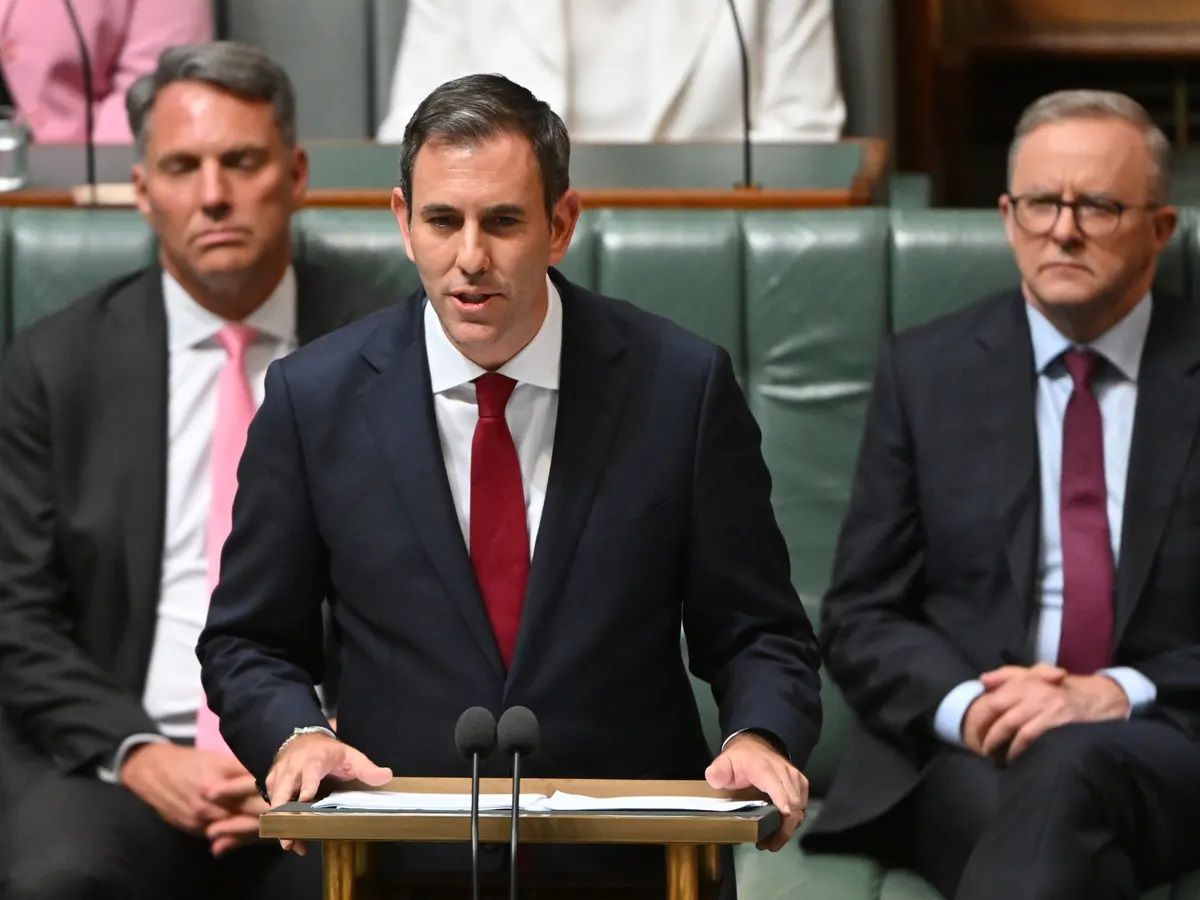The digital games and interactive entertainment sector is the largest creative sector in the world and one of the fastest growing industries worldwide. The global digital games industry is worth around $250 billion and in Australia, grew 22% between 2020 and 2021 generating $226.5 million in income and employing over 1,300 fulltime workers. And, it’s an industry the Government wants to support with a new tax offset.
The Digital Games Tax Offset is equal to 30% of the company’s total qualifying Australian development expenditure incurred from 1 July 2022. Companies can claim up to $20 million per company (or group of companies) per year (to reach the cap a company would need to spend around $66.7 million in eligible expenditure).
State based tax incentives are also available in South Australia, Victoria and New South Wales offering an additional 10% and Queensland offering 15% on top of the federal support. Globally, a 40% tax offset is standard for this industry so the tax offset brings Australia back into a competitive position.
Who is eligible?
Companies that are Australian tax residents or foreign tax residents with a permanent establishment in Australia can qualify.
To access the offset, the company needs a certificate issued by the Arts Minister following the completion of a new digital game, the porting of a digital game to a new platform, or for ongoing development of one or more existing digital games during the income year. This certificate then determines the offset claimed in the tax return with the Minister determining the amount of qualifying expenditure. More information will be available on the arts.gov.au website in early July 2023.
The company’s qualifying Australian development expenditure incurred needs to be at least $500,000 (could be over multiple years).
What is development expenditure?
The way the rules work is that any expenditure that a company incurs in relation to the development of the qualifying game is eligible expenditure…unless it is specifically excluded. A company develops a game by doing any of the activities necessary to complete, port, update, improve or maintain an eligible game.
The legislation takes a further step by specifically including employee remuneration or independent contractors engaged by the company to carry out work on the development of the game (excluding bonuses linked to the performance of the company or the game). Prototyping is also specifically included as is underlying game technology.
Employees that are not developing the game, for example admin staff or overseas contractors, are excluded. As are corporate costs like business overheads, marketing, travel, entertainment etc.
What games are eligible?
A digital game that can receive a classification and is made available to the general public over the internet (i.e., games developed for in-house purposes don’t qualify). The game does not include gambling or gambling like elements (loot boxes are likely to make a game ineligible if for example, the virtual items can be sold for currency) nor is used for advertising or for commercial purposes.
Australian digital games successes
Remember Fruit Ninja? Fruit Ninja, founded by HalfBrick, became a sensation in 2015 with over 1 billion downloads. Who knew a game that slices fruit with a sword would capture so much attention. Anyone with kids would have seen Crossy Road developed by Melbourne based Hipster Whale. Ninety days after it release it had 50 million downloads, earning over $10m. The Sims Freeplay was created by a merger of Melbourne studios Iron Monkey and Firemint when they were purchased by EA Games. Then there is Melbourne based Big Ant Studios, one of the world’s biggest sports game developers and known for games such as the Tennis World Tour Game, Cricket 22 and an upcoming Rugby World Cup 2023 game.







